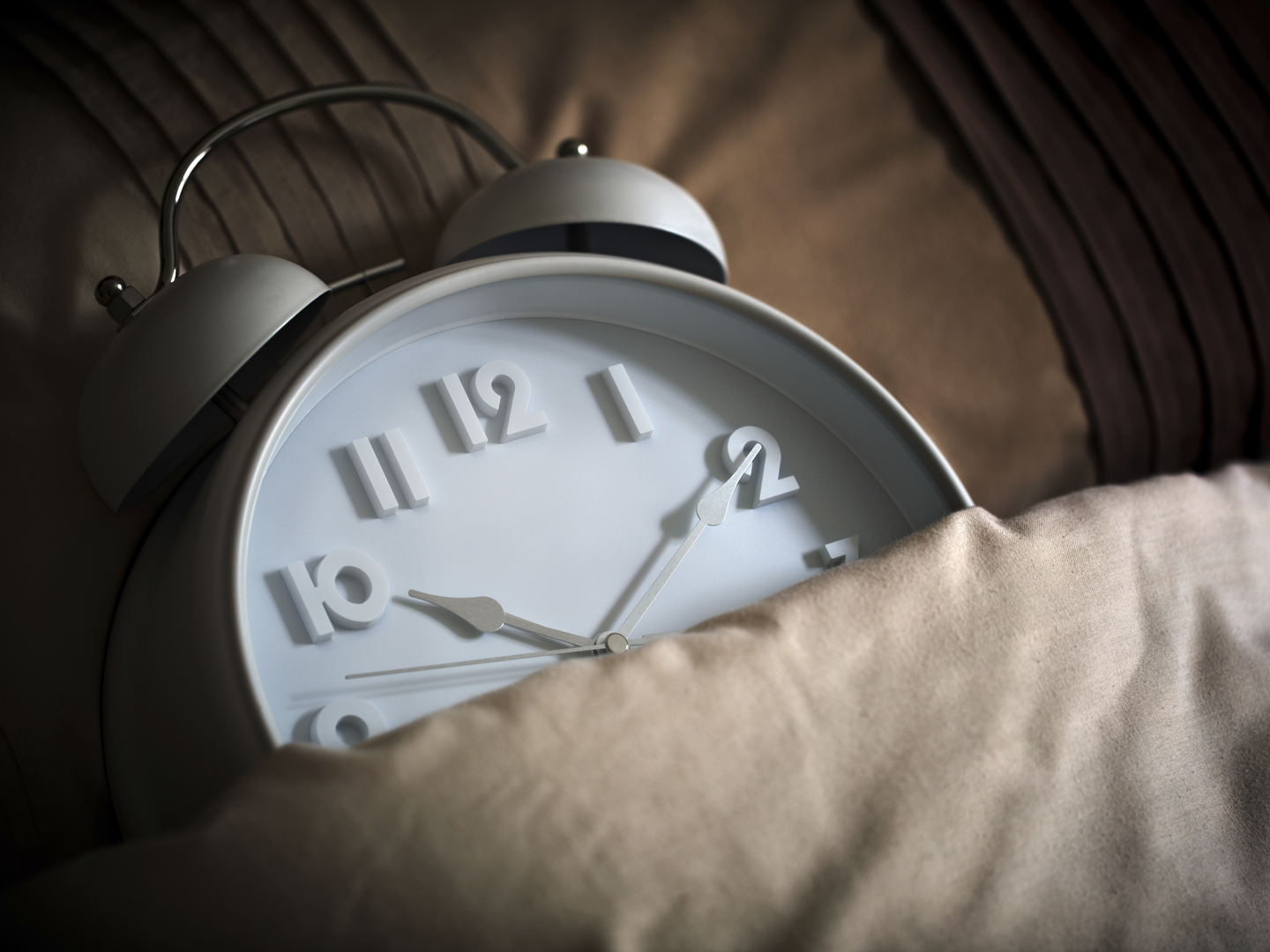Cooling Caps: Chill for a Good Night's Sleep?
I’ve heard that keeping your head cool at night can help you sleep. This sounds pretty far-fetched to me. Do you know if it’s true?
Andrew Weil, M.D. | August 30, 2011

Some research suggests that wearing a “cooling cap” to bed at night can help overcome insomnia. A small study (only 12 insomniacs and 12 normal sleepers participated) at the University of Pittsburgh School of Medicine found that cooling down the scalp helps insomniacs sleep almost as well as individuals who don’t have any problem sleeping.
Here’s the story: the researchers found that one key physiologic element to falling asleep and staying asleep is a reduction in metabolism in the brain’s frontal cortex. However, they reported that with insomnia, metabolism in this brain area is increased and that this abnormal metabolic activity can be slowed if the brain is cooled (“cerebral hypothermia”) by lowering the temperature on the front part of the skull.
When they tried this with study subjects who suffered from insomnia, they found that the “brain cooling” helped the participants fall asleep in 13 minutes (compared to 16 minutes in healthy controls) and to stay asleep for 89 percent of their time in bed, about the same percentage seen in the controls.
The “cooling cap” used in the study was made of soft plastic and contained tubes filled with circulating water. The researchers said that the results of their study could be a breakthrough in the treatment of insomnia because it is simple, natural, and doesn’t involve taking sleeping pills, which don’t always work and can have unpleasant side effects, including dependence.
The cooling cap was tested on patients described as having “primary” insomnia, meaning trouble falling asleep and staying asleep in the absence of an underlying condition (such as an illness, sleep disorder or mental problem) and unrelated to use of medication or other substances. According to the American Academy of Sleep Medicine, chronic insomnia affects about 10 percent of adults in the U.S. but most of it is associated with another disorder.
If further studies confirm that this novel treatment works as well as it did in Pittsburgh, cooling caps may prove to be a worthwhile solution for individuals with primary insomnia. Meanwhile, try these approaches to getting a good night’s sleep:
- Eliminate caffeine from your diet, especially in the form of soft drinks and coffee, as well as over-the-counter drugs (check the labels).
- Make breathing exercises part of your daily routine, and practice the relaxing breath when falling asleep.
- Take a warm bath before bedtime.
- Get at least 45 minutes of aerobic activity every day.
Andrew Weil, M.D.









